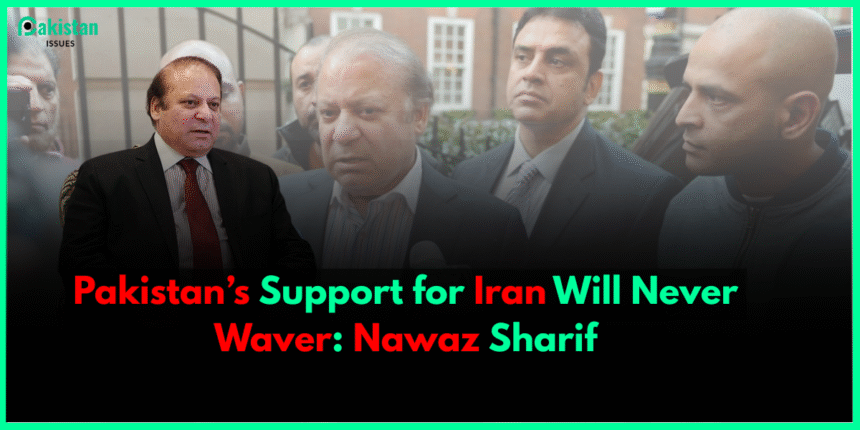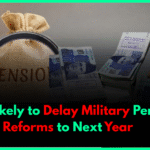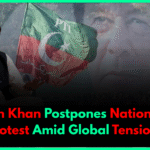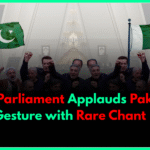In an unscripted moment outside his home in London, former Prime Minister Nawaz Sharif was unequivocal; when it comes to Iran, Pakistan’s support is not new, and it will not change.
He spoke with confidence, saying, “We stood with Iran in times past. We will continue to do so.” No elaborate speech. No guarded statements. Just a straightforward declaration.
Sharif’s timing was remarkable. Tensions are heightening in the Middle East, and Iran has been under attack—in the kite. With missiles and drones firing into the air, regional stability is tenuous. And Pakistan’s neighbor is caught in the middle of the action. That’s the environment that Sharif was invoking without the need for extended exposition.
He also reminded listeners why Pakistan went nuclear in the first place. According to him, it was never about aggression—it was about deterrence. “We have the bomb,” he said, “so we don’t have to fight wars.” It’s a point he’s stressed before. A peaceful deterrent, he called it.
Sharif didn’t quote lines or mention legal doctrines. His tone: conversational. He said we have alliances, shared history, mutual security concerns. He even mentioned cross-border cooperation—from pipeline plans to military coordination back in the ’70s. Small nods, but telling.
He’s not alone in this view. The current government, led by Foreign Minister Ishaq Dar, backed him up. They’ve quietly told allies the same thing: Pakistan wants regional peace. Not war. They’ve asked the UN and others to temper the rhetoric, avoid escalation.
Still, Sharif’s words came as part of a larger effort. Some say it’s meant for local audiences—Pakistanis sensitive to Muslim nation solidarity. Others see it as a signal to Tehran: we’re with you, even when others aren’t.
That tension is genuine. The United States and Saudi Arabia have differing priorities. Pakistan needs to maneuver carefully – yes – support Iran, but keep its international relationships intact.
Back in Islamabad, some scheduled diplomacy thrusts are underway—diplomatic visits, trade deal talks, bigger border coordination—all quietly lining up behind Sharif’s words.
Experts suggest this isn’t mere rhetoric. It’s signal: caution to Pakistan’s partners, comfort to Iran, and reassurance at home.
What happens next? If the Iran front cools down, this statement fades. If the pressure builds? Pakistan’s stance may become more visible—at forums like the UN or OIC.
For now, Nawaz Sharif’s message is simple, clear. Pakistan has history with Iran, and it stands by that history. No speeches. No grandstanding. Just plain talk — the kind ordinary people use when they want to make a point.








